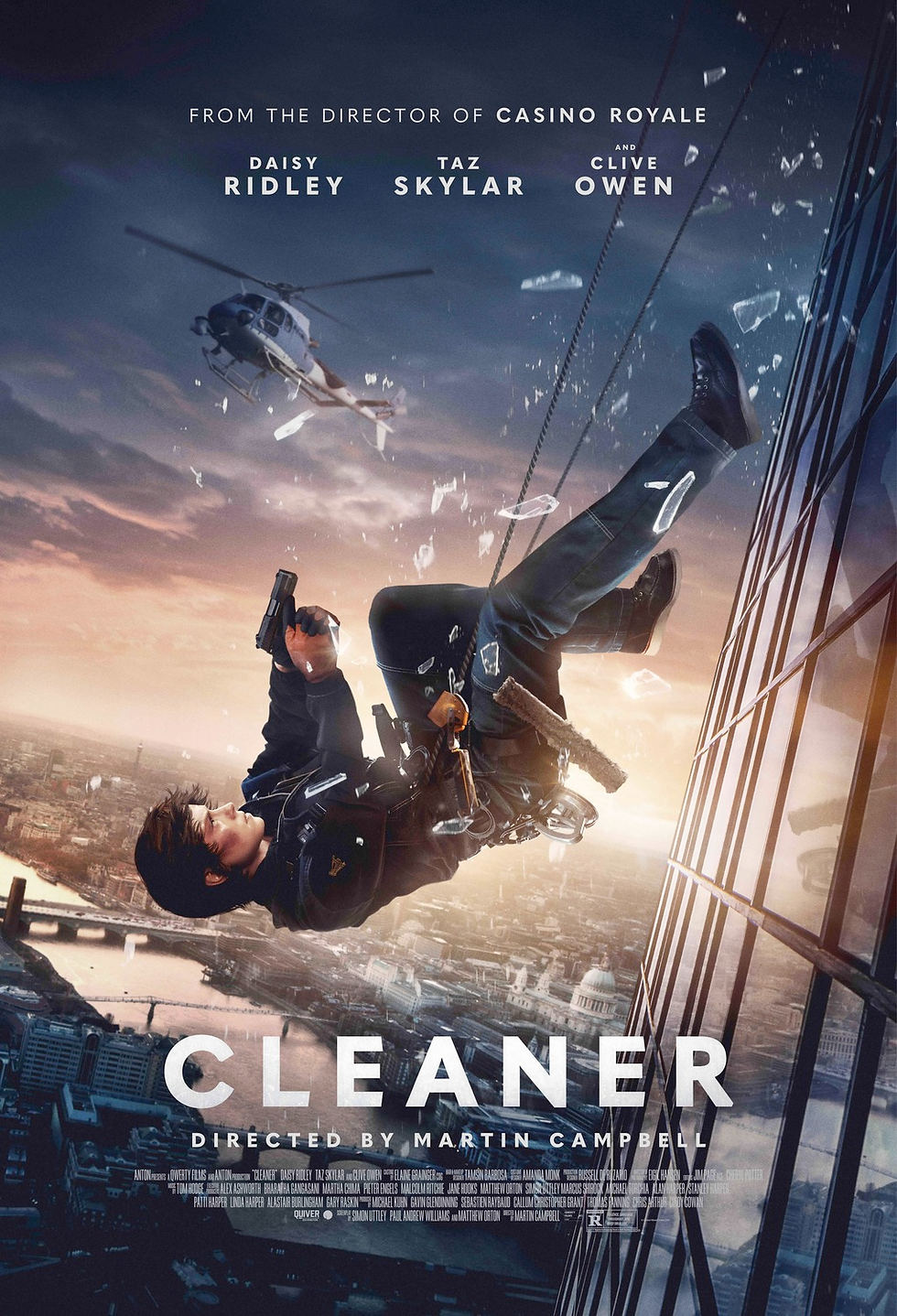Golda
- Oct 10, 2023
- 3 min read
Updated: Oct 27, 2023

A tense dramatic account of the nineteen day, 1973 Yom Kippur war in which Israel teetered on the brink of destruction, GOLDA is lifted by a great performance in its lead role.
Buried under 3.5 hours of daily makeup, Helen Mirren (Excalibur, The Queen) brings Golda Meir, the trailblazing Prime Minister to life.
Chain-smoking her way through one challenge after another during the conflict, Meir was the dominating force between Israel and annihilation.
Those looking for any details of Meir's personal life will be disappointed, but Mirren erases those concerns with her portrayal of the type of political leader the world could use a lot more of these days.
Blindsided by a surprise attack on Yom Kippur, Meir is pulled into a war room in which all her leaders are stunned by the size of the attack.
Rami Heiberger plays a startled Moshe Dayan, who's even more rattled when he comes back from a front line where their troops are being massacred.
Lior Ashkenazi is very good as Dado Elezar, Meir's right hand person with a steady hand. She'll need his support as politicians around her start worrying about who's to blame for the surprise attack instead of dealing with the immediate battle at hand.
Liev Schreiber (Spotlight, The Manchurian Candidate) is excellent as Henry Kissinger, capturing the US Secretary of State caught between Watergate at home and the Israel/Egypt/Syria conflict that's spilling over into the middle east and Russia in its potential ramifications.
Meir remains a rock, in the later stages of battling cancer, but never far from her cigarettes. As her health fails, she keeps up a brave face as a stalwart, immovable leader. Watching Mirren and Schreiber's spar as these two legendary historical politicians is a highlight of the film.
The limitations of the budget are evident, with all of the war battles happening on screens in the war room, or with us listening in on headphones on reports from the front. It does make the scenes more effective when you know that actual archival recordings from the front lines are used throughout.
When they do spring for some special effects, they are effective, especially when the American convoy of attack fighters and tanks arrive in the middle of the night.
Golda deserved the same kind of big screen treatment that Winston Churchill got with the bigger budget, brilliantly acted 2017 "Darkest Hour". Gary Oldman was fantastic in that film and Mirren's every bit his equal here, but she's surrounded by a much smaller film.
I was, at first, startled by Mirren using an American accent until I learned (outside the film) that Meir actually grew up in Milwaukee after her family immigrated to the US when she was 8 years old. Actual film clips used near the end of the film verify just how accurately Mirren captured Golda.
Some of the film's unsubtle attempts at artistic visuals fell very flat for me, with enough birds, stairs and plumes of smoke for 1000 films. They're clunky and bring the film to a crawl. Then Mirren appears again and all is well.
Special credit must be paid to make-up artist Karen Hartley Thomas and prosthetic artist Ashra Kelly-Blue, who transform Mirren into Meir flawlessly. As the two look nothing alike, it's a startling transformation.
If the screenplay had given us more knowledge about Meir and how she achieved the strength to lead the country, who she was behind the public persona, the dramatic scenes could carry more punch.
As they are here, they communicate the horror of war far more than they enlighten us about Meir.
Mirren and Schreiber make GOLDA worth seeing, their scenes alone uplifting the film to a B-. With the current war erupting in Israel, there's perhaps no better time to remember Meir's strength and fortitude in the face of her enemies.






Comments